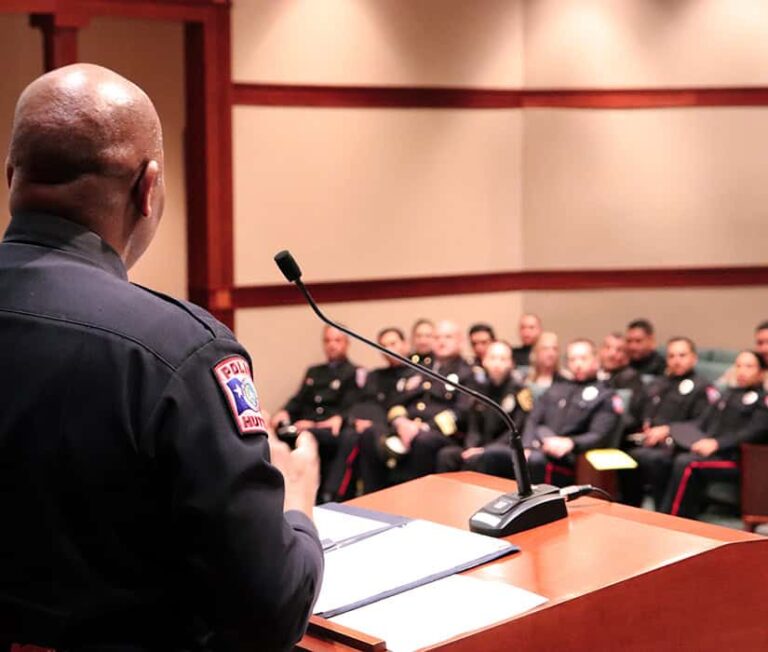The CAPCOG Homeland Security Division has been participating with FEMA and the Homeland Security Science and Technology Directorate, which provides research and development for the federal agency, to develop technology that will help emergency response agencies increase their ability to share information during a disaster. CAPCOG is the only COG participating in the program’s development and one of a few local governments, giving it a unique opportunity to shape the future of a deployable technology from FEMA while also strengthening the region’s ability to respond to large disasters.
“Emergency response teams in the CAPCOG region do very well at sharing information and assisting each other during a disaster, but data and information sharing has long been recognized as an area with a lot of room for improvement,” said Martin Ritchey, CAPCOG Homeland Security Director. “There are many silos that slow decision making and create obstacles for effective planning and response for disasters. By participating in this technology’s development, we hope to better connect those silos and decrease the time it takes to coordinate the most appropriate and effective response.”
In November and December, CAPCOG participated in a table-top exercise using FEMA’s Information Resource System beta program and a subsequent hot wash that provided CAPCOG and other local, state, and federal governments to provide feedback on the program after its test use. While a completion date for the program hasn’t been announced, Ritchey was confident the product would make it to production and will intergrade with applications CAPCOG is already using such as WebEOC, a virtual emergency operations center that allows multiple agencies to track and share disaster information.
Participating in a development, collaborative process on the national level also helps CAPCOG evaluate similar planning and response tools as it has learned different jurisdictions’ perspectives on incident response. It also sets the stage for collaboration on future homeland security projects with partners nationwide. Additionally, lessons learned from the project and its process also can be instituted with local governments and other emergency response agencies in the region.




